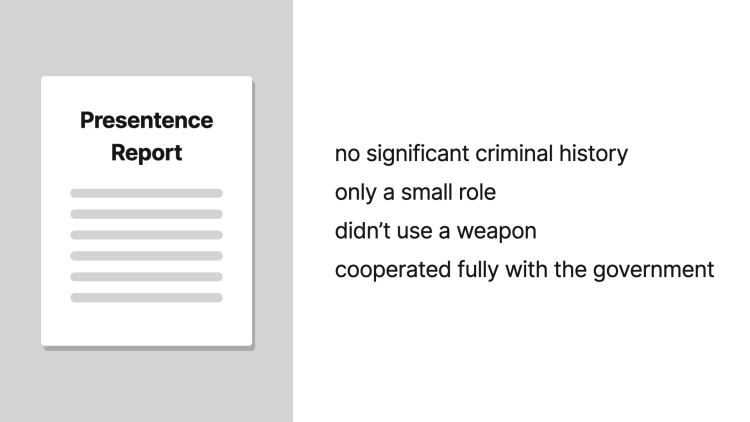Gall v. United States
United States Supreme Court
552 U.S. 38, 128 S.Ct. 586, 169 L.Ed.2d 445 (2007)

- Written by Richard Lavigne, JD
Facts
Gall (defendant) was involved in a drug distribution operation for approximately six months during his sophomore year of college. At that point, Gall told his co-conspirators that he was withdrawing from the operation. After graduation, Gall moved to Arizona and began to work in the construction industry. Shortly after his move to Arizona, Gall was questioned by federal agents about his involvement in the drug operation. Gall voluntarily admitted his limited role in the operation. Approximately one and a half years after being questioned by the federal agents, Gall was named in an indictment issued in federal court in Iowa. Gall voluntarily turned himself into authorities in the state of Iowa. While on bail pending trial, Gall remained in Iowa and started his own construction business. Gall entered into a plea agreement and went on to a presentence investigation and sentencing hearing. The Federal Sentencing Guidelines recommended a minimum 30 month sentence based on the charges to which Gall pled guilty. After reviewing the presentence report and receiving testimony from Gall, supporters of Gall, and the prosecution, the sentencing judge imposed 36 months probation. The United States (plaintiff) appealed. The court of appeals reversed the district court’s decision and remanded for resentencing. Gall petitioned the United States Supreme Court for review.
Rule of Law
Issue
Holding and Reasoning (Stevens, J.)
Concurrence (Souter, J.)
Concurrence (Scalia, J.)
Dissent (Thomas, J.)
Dissent (Alito, J.)
What to do next…
Here's why 907,000 law students have relied on our case briefs:
- Written by law professors and practitioners, not other law students. 47,100 briefs, keyed to 996 casebooks. Top-notch customer support.
- The right amount of information, includes the facts, issues, rule of law, holding and reasoning, and any concurrences and dissents.
- Access in your classes, works on your mobile and tablet. Massive library of related video lessons and high quality multiple-choice questions.
- Easy to use, uniform format for every case brief. Written in plain English, not in legalese. Our briefs summarize and simplify; they don’t just repeat the court’s language.





